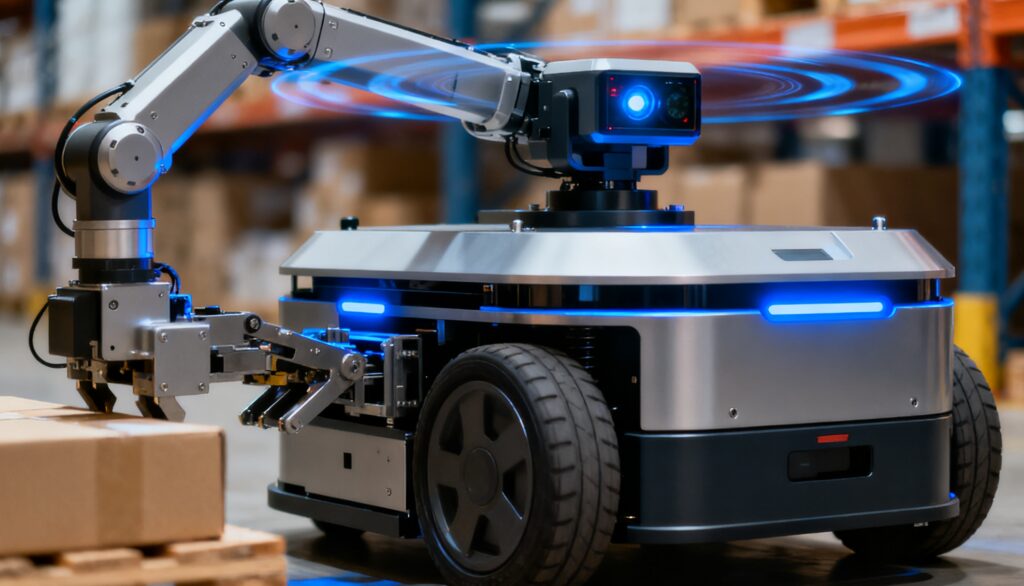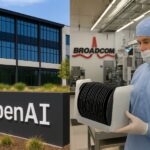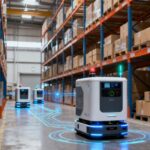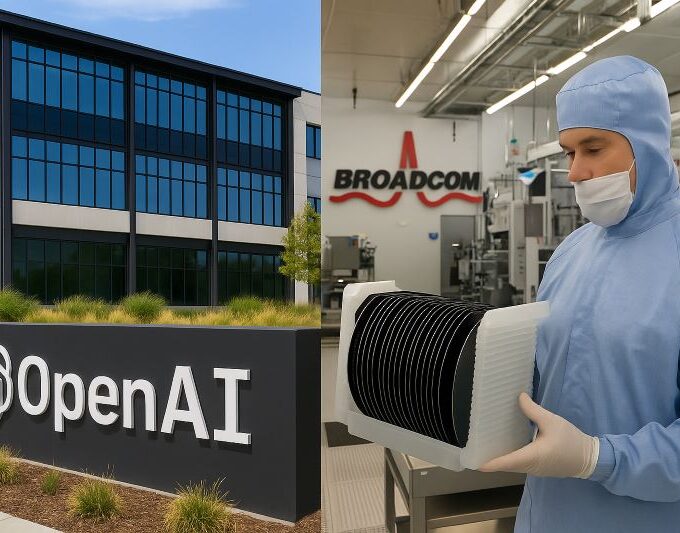On October 9, 2025, it was reported that a research team led by Professor Kyung-Joon Park from the Department of Electrical Engineering and Computer Science and the Center for Physical Artificial Intelligence at Daegu Gyeongbuk Institute of Science and Technology (DGIST) in South Korea has successfully developed a brand-new “Physical Artificial Intelligence (Physical AI)” technology. By modeling the spread and forgetting of issues in human society, this technology effectively addresses the low efficiency of multi-robot autonomous navigation, providing key support for improving the productivity of Autonomous Robots in logistics centers, large warehouses, and smart factories. The relevant research results have been published in the journal Journal of Industrial Information Integration.
In current logistics and manufacturing scenarios, Autonomous Robots are core drivers of automated operations, yet they face significant challenges in practical applications. Unexpected obstacles such as forklifts, work elevators, and improperly placed goods often disrupt the robots’ movement. Traditional Autonomous Robots can only respond passively to sudden situations and adjust their routes accordingly, leading to unnecessary detours and delays that severely limit productivity—an issue that has drawn attention in the latest news due to its impact on industrial automation.
To overcome this dilemma, Professor Park’s team innovatively integrated human social phenomena into robot technology development. They observed that certain events or issues in human society spread rapidly first and then are gradually forgotten. The team mathematically modeled this process and embedded the model into the robots’ collective intelligence algorithm. With this algorithm, robots can independently filter information, “forget” unnecessary content, and only share key details in real time, enabling efficient collaborative navigation and breaking free from the passivity of traditional navigation systems.
To verify the technology’s effectiveness, the research team conducted experiments using the “Gazebo Simulator,” which simulates the environment of a logistics center. Compared with the traditional ROS 2 navigation system, the new technology showed significant advantages: task throughput increased by up to 18.0%, and average driving time was reduced by up to 30.1%. This result indicates that robots are no longer just devices that avoid obstacles; they have evolved into Physical AI systems capable of understanding social rules and operating independently.

The technology also boasts strong practicality and scalability. In terms of hardware, it only requires a 2D LiDAR to operate, with no need for additional sensors. On the software side, it has been developed as a plug-in compatible with the ROS 2 navigation stack, allowing direct adaptation to existing autonomous navigation systems without complex equipment modifications. This enables rapid deployment in industrial scenarios such as drone swarms, autonomous vehicles, and logistics robots. Furthermore, its application potential extends to smart city traffic management, large-scale exploration, and rescue operations, offering a new direction for the development of collaborative autonomous navigation systems.
Professor Kyung-Joon Park pointed out that the core of this research lies in imitating the social principle of “forgetting useless information and retaining key information” to achieve efficient robot movement. Its great significance lies not only in the technological breakthrough but also in proving that Physical AI can evolve by simulating human behavior, opening up a new path for integrating robot technology with social rules.










